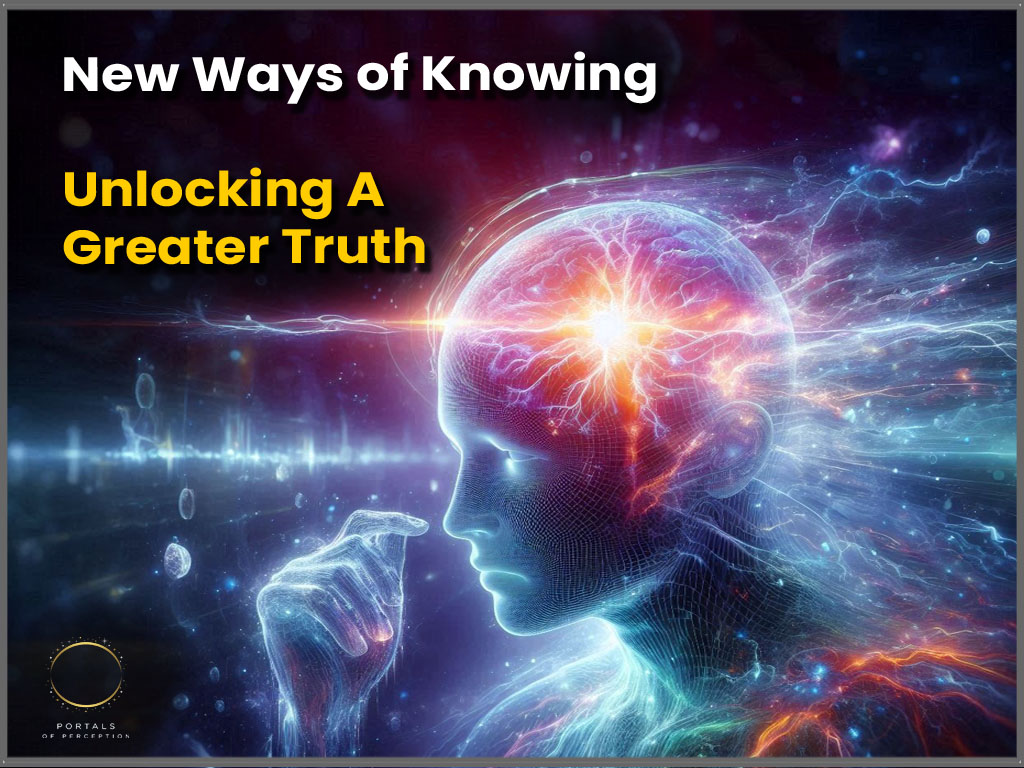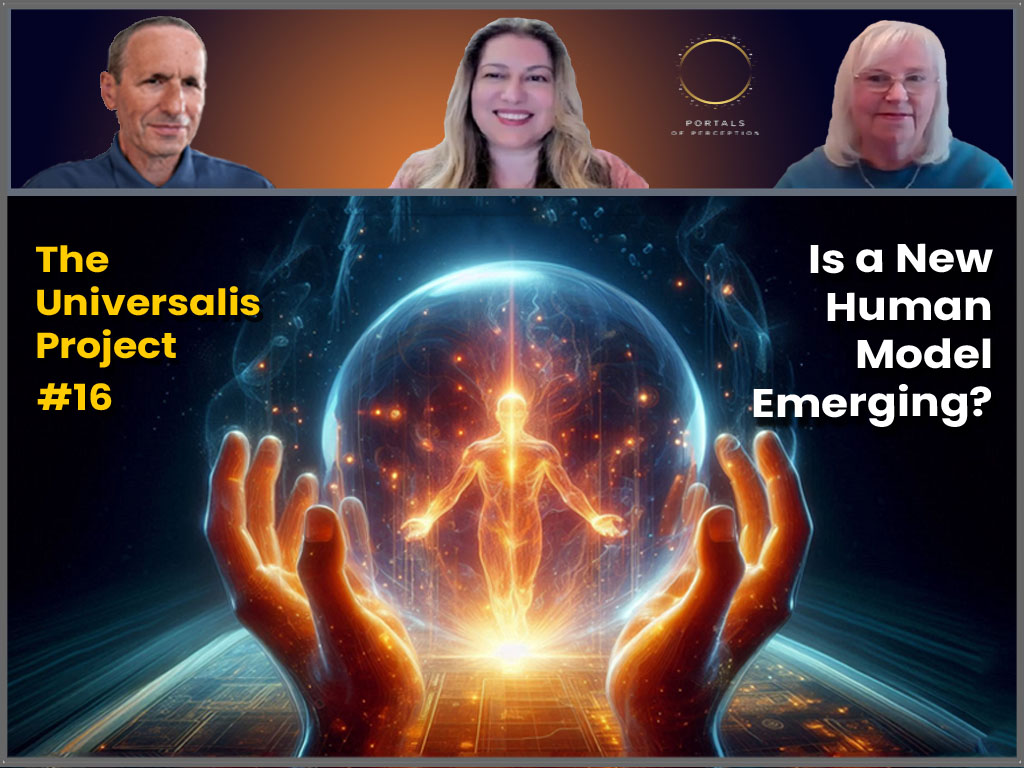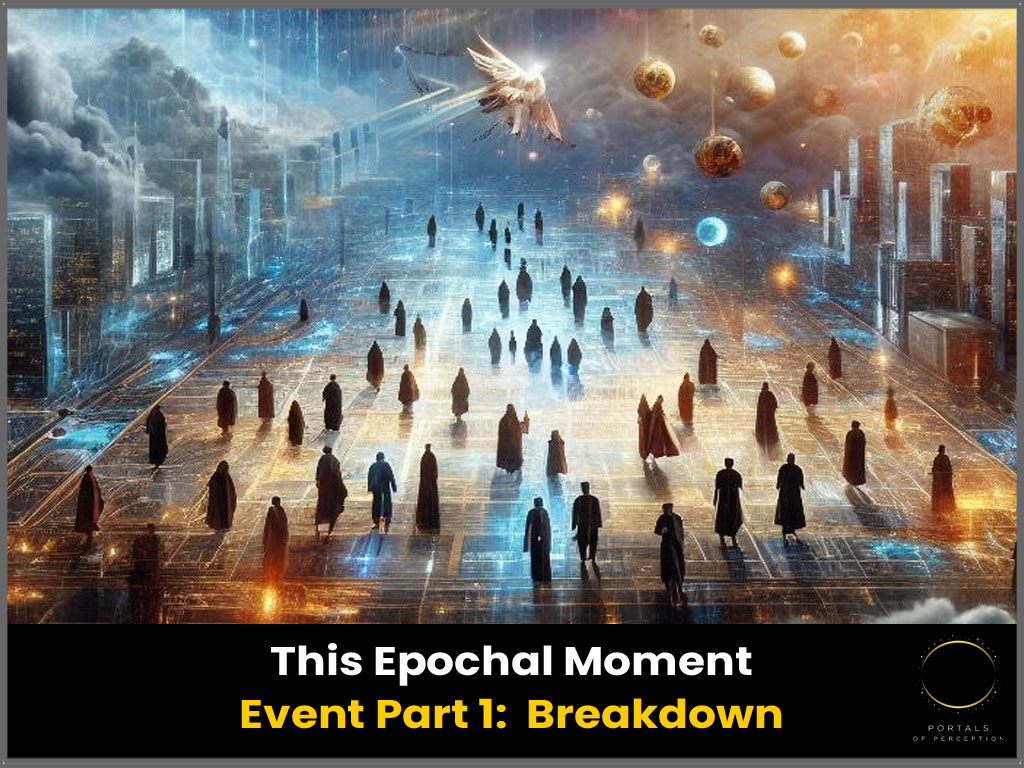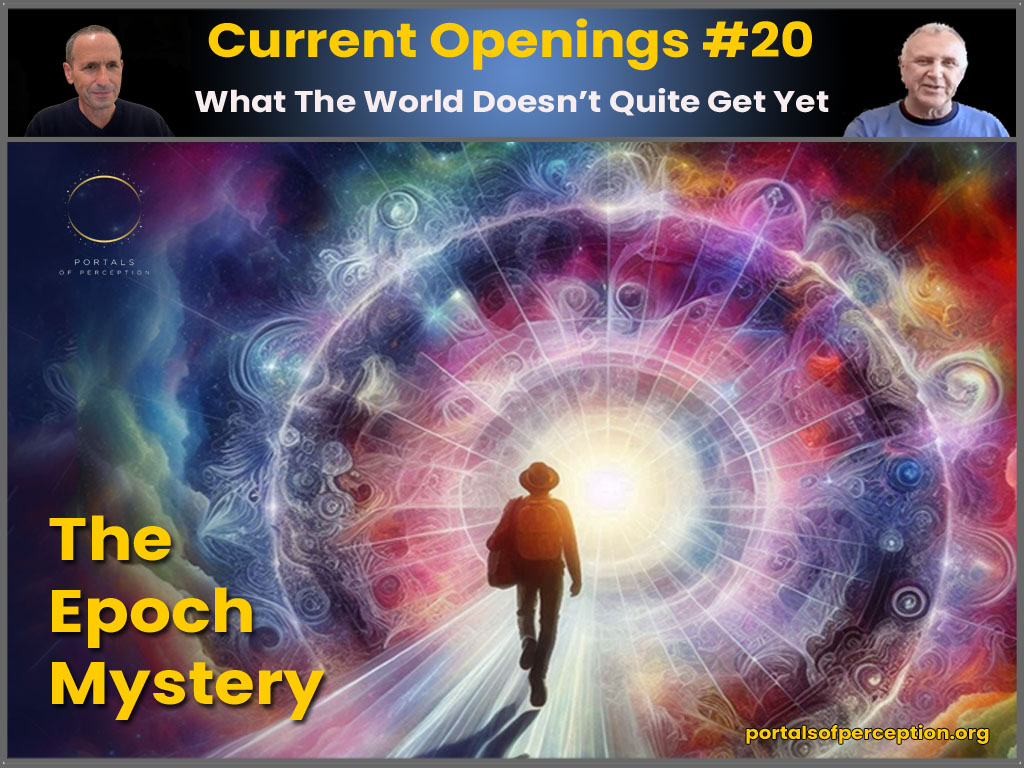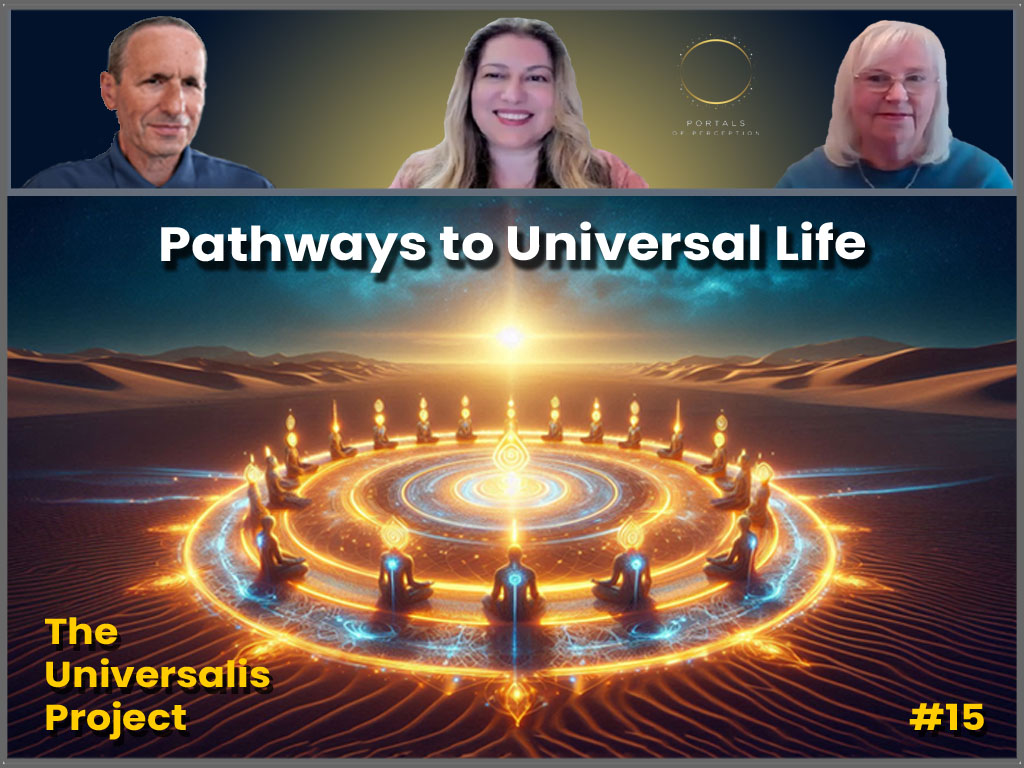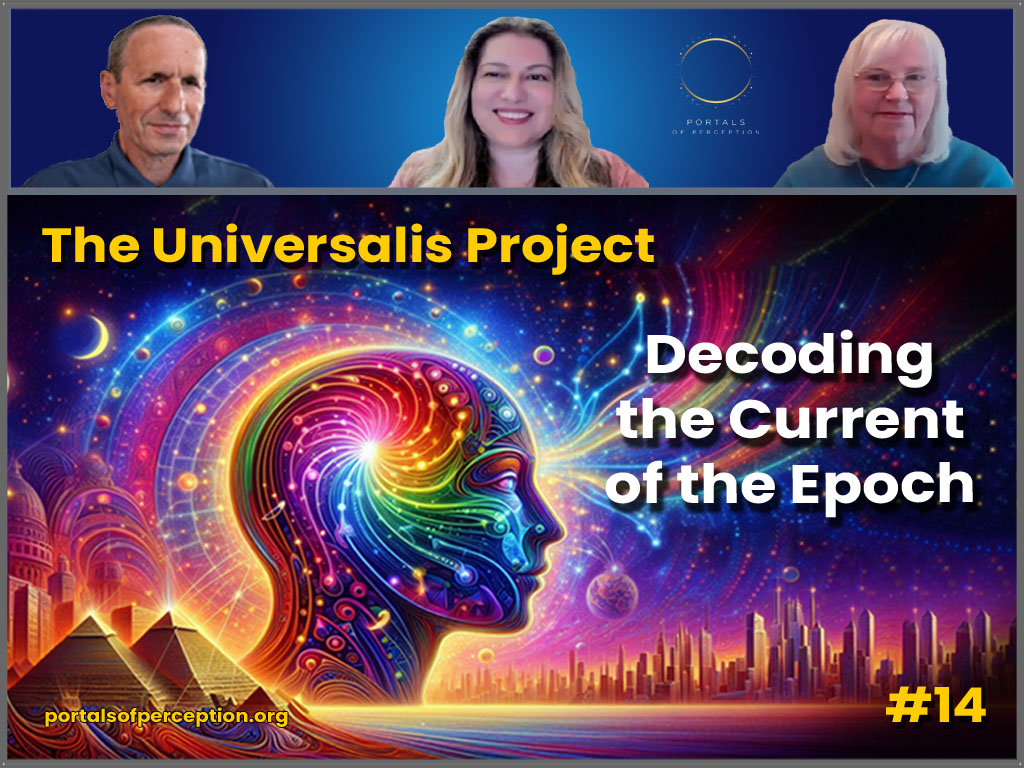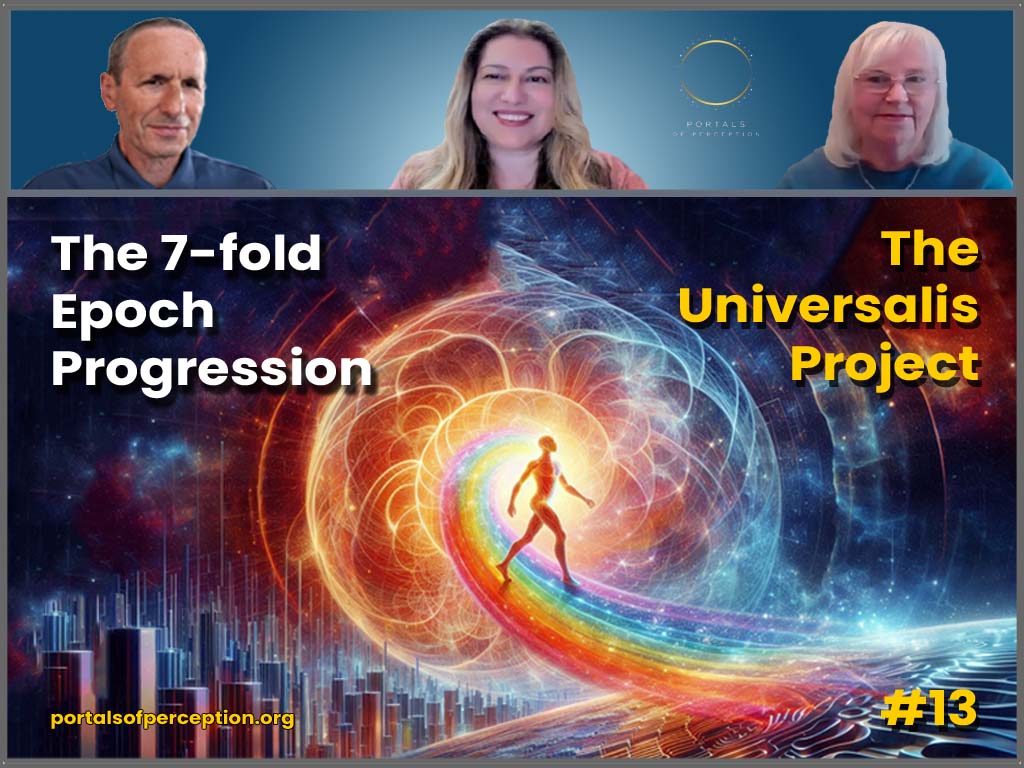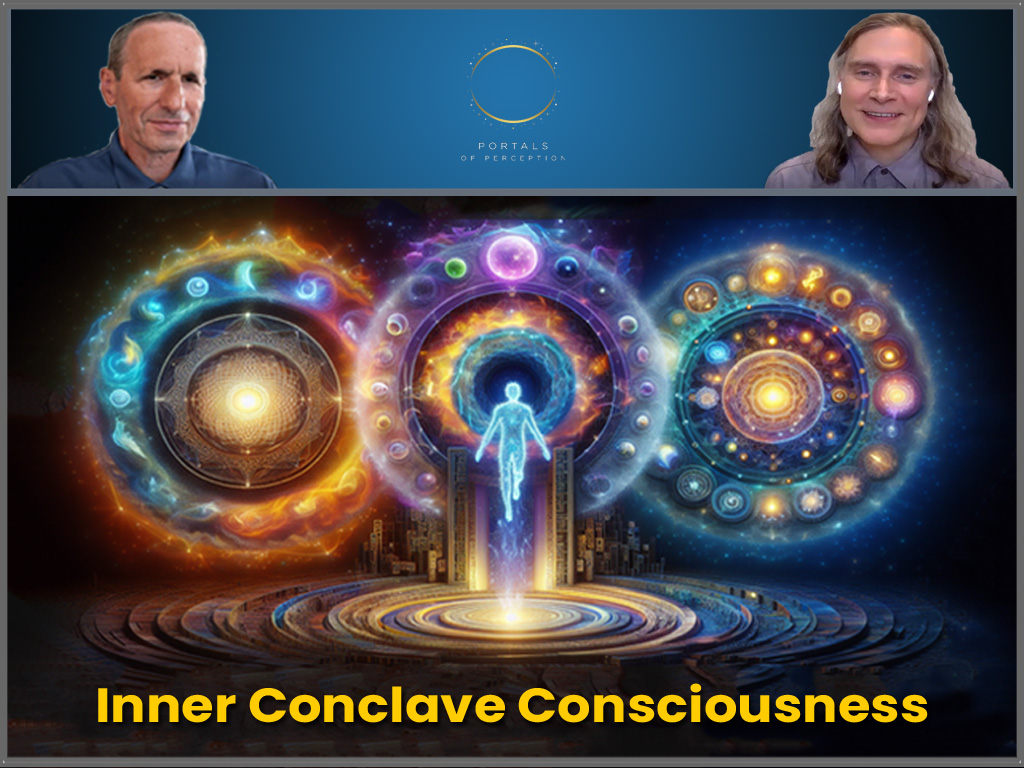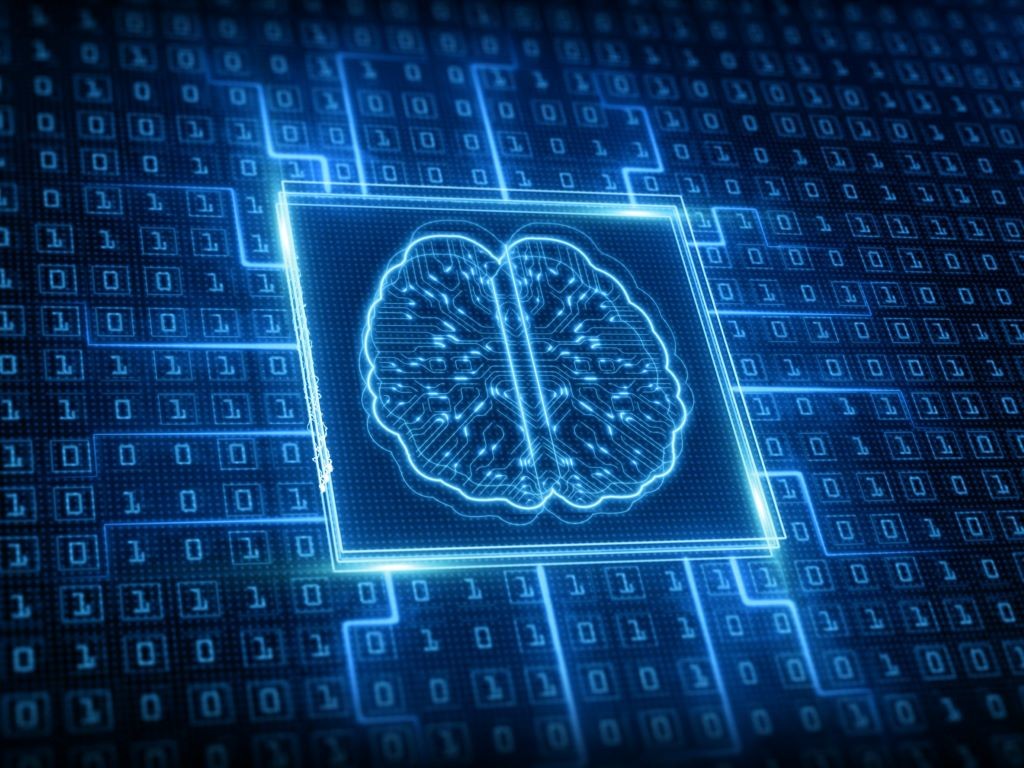
Exploring the evolution of artificial intelligence brings us to core enigmas. One has to do with the mystery of the mind, the mystery of learning, and this thing we call intelligence. How does it arise? Is intelligence already wired into the hard drive in the brain? Or does the brain download knowledge from an external information network, or a collective unconscious?
Can we decode that mystery and build something in technology that is life-affirming and augmenting the purposes of life? How will technology evolve to make us more self-aware and appreciative of our unique humanity and support us?
In this conversation, Aviv Shahar and two global researchers on the leading edge of technology development explore the evolution of artificial intelligence and its implications for the evolution of humanity.
So, if one understands learning, one must ask, How can I create a computer program that can learn, given input and sensors from the real world, but without being told what to do?



